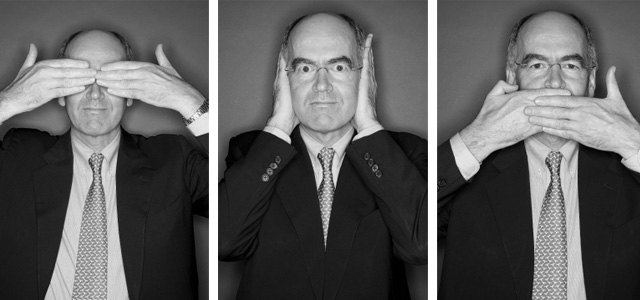
Welcome.
This is the latest round of an experiment that began more or less with the new century. Indeed, this is now version 3.0 of a website that has routinely scrambled the personal and professional, a scrambling that has been the very essence of my life.
For details of my latest book, Green Swans: The Coming Boom In Regenerative Capitalism (Fast Company Press, April 2020), please take a look here.
For the story in brief, my latest CV/bio can be found on the Volans website, here.
Background
Then there’s the slightly longer version.
Speaking at a 2degrees Network lunch event in April 2014, I had to introduce myself after folk from the House of Lords, business and the financial community had already spoken, citing long lists of roles and honours. I began by saying that, unlike them, I am still trying to work out what it is that I want to be when I grow up.
There was laughter around the table, but my point was semi-serious. My life has been very much a work-in-progress, with one unexpected turn in the trail leading to another. Which is why I suggested that one of the founding values for Volans should be “serendipity”.
And that process of creating one’s own luck has played through powerfully in relation to each of the roles I have played over the years.
I celebrated my 70th birthday in 2019, an event that started out as a birthday party and ended up as Green Swan Day, captured here on film. Yet I genuinely feel that the best decade—the decade where the movements of which I am part can have the greatest impact—lies ahead.
As to where it all began, the story began a long time ago. Part of the answer is Mill Cottage, Padworth, where I was born—surrounded by nature. But the first moment when I can recall awakening to the natural world was in a field on a dark moonless night in Northern Ireland in the 1950s, while walking home alone through an area of disused flax ponds, and finding myself surrounded by thousands of baby eels, or elvers.
I told this story in the New York Times in 2012.
Then came Cyprus in the late 1950s, with further wildlife encounters. But things really began to get serious in 1961, when I found myself raising money from the other boys at prep school, Glencot, for the fledgling World Wildlife Fund.
For many years, I couldn’t recall why that had happened—but then, much later, I would meet two of WWF’s founders, Max Nicholson (with whom I co-founded ENDS) and Sir Peter Scott who, among other things, was one of the judging panel that awarded me a Sir Winston Churchill travelling fellowship in 1981.
Max recalled that WWF had attracted front page coverage in one of the leading newspapers in 1961—and as soon as he said that I remembered going into the school library, reading what must have that very edition of the newspaper, and some sort of circuit was formed. (During 2011, I would take part in a number of celebrations of WWF’s 50th anniversary, in large part because of my role as a member of the WWF UK Council of Ambassadors.)
But something in me has always pushed toward the edge—and it was with the launch of groups like Friends of the Earth and Greenpeace in the early 1970s that I felt properly part of a movement. Partly as a result, I was inspired in 1972 to go to UCL’s School of Environmental Studies (now the Bartlett School) as a stepping stone into the environmental mainstream.
As a result, I was already working with John Roberts in 1974 at TEST, in Covent Garden, when Lovelock’s New Scientist article appeared—and, as indicated by the fact that our first daughter would be named Gaia in 1977, that article had a profound impact.
Later in 1975, as luck would have it, I too started to write for New Scientist, producing a series of feature articles for the then Editor, Bernard Dixon. Initially, these looked at how ecological thinking was beginning to permeate government (in places as disparate as Egypt and the UK), but later I began to focus on companies, among them BP, British Gas and English China Clays.
In ENDS, a new beginning
And from that came Max Nicholson’s invitation in 1978 to join him and David Layton (of Incomes Data Services) in setting up Environmental Data Services (ENDS). The aim: to wake up the business world to the environmental agenda.
From that point on I had a much better sense of my life’s purpose and focus, but—once again—I had little idea as to just where the path would take me.
As described elsewhere on this site, the intervening years have seen my serve on over 70 boards and advisory boards, co-found four social businesses (all of which still exist in some form) and write or co-author 20 books and 50 published reports.
If you have ideas as to how this story might usefully go forward, my email address is either john@volans.com or john@johnelkington.com.
